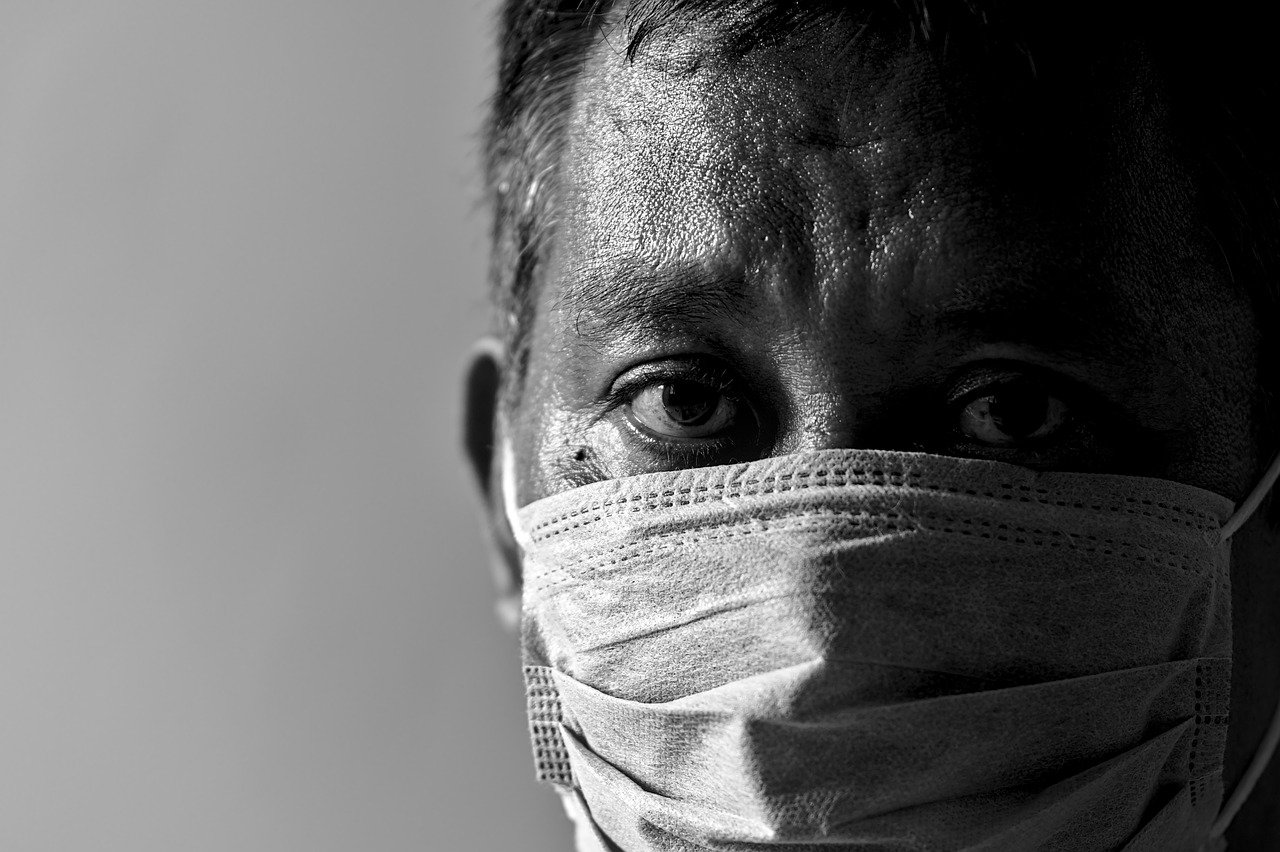Considering the seriousness of the COVID-19 pandemic and its health, social and economic implications, it has become essential to produce research to understand the impact of the strategies adopted and to minimize the spread of the infection. In order to collaborate in the construction of this knowledge, the Universidade Federal Fluminense, through the Nursing Department of the Rio das Ostras campus, participates in a multinational study on the use of masks entitled Factors associated with the use and reuse of face masks among Brazilian individuals during the COVID-19 pandemic. The study is developed and led by Hong Kong Polytechnic University professor Simon Ching Lam.
The coordinator of the work in Brazil, professor Fernanda Pereira Ávila (of UFF), explains that the Brazilian part of the research is a branch of the multinational investigation proposed by the Chinese researcher. “This is a cross-sectional study that will be carried out through the internet and aims to gather data to investigate the needs and difficulties in the use of a face mask among adults during the COVID-19 pandemic. The coordinators in different locations will organize the data collection and each country will have a number of questionnaires to be answered. Once they reach this goal, they will pass the data on to the professor at the Chinese university for worldwide analysis. In parallel, groups of researchers from different nations will analyze their information in their national context.”
Our goal is to get ten thousand completed questionnaires. (…) It is an unprecedented survey, never carried out on this scale.
Fernanda Ávila
The project has the participation of scientists from other Brazilian universities: the Universidade Federal do Ceará, the Ribeirão Preto School of Nursing of Universidade de São Paulo, the Universidade Federal da Paraíba, the Universidade Federal do Piauí, the Universidade Federal do Triângulo Mineiro, the Universidade Federal de Goiás and the Universidade Federal do Pará. UFF working group is formed by the professors Fernanda Ávila, Fernanda Garcia Bezerra Góes, Maithê de Carvalho, and Lemos Goulart, as well as by the ninth period student Thamara Rodrigues Bazilio, all from the Nursing Department of the Rio das Ostras campus. In addition to Brazil, the investigation includes Hong Kong, Mainland China and Macau, the United Kingdom, South Korea, the Philippines, Turkey, and the United States.
The survey is being carried out in all regions of Brazil through an online questionnaire that asks the participant, first, to fill in general information, such as age, sex, education, marital status, etc. Then, questions are asked regarding the use of a face mask and then about what motivates each person to use this type of protection. Finally, the interviewee tells how he has been feeling emotionally in the past two weeks. “The inquiries have the objective of understanding what type of mask people have used, how they use it, for what purpose and the factors that interfere with the use, as well as the psychological impact of this issue,” describes Fernanda Ávila. All citizens over 18 can participate without being identified or having any personal data exposed.
Collects began on March 16. So far, citizen participation in the southeast and northeast has been more expressive; however, the researchers hope to reach a representative number also in other regions of Brazil. “Our goal is to reach 10,000 completed questionnaires. In analyzing the data, we will first look at the results at the national level, then by regions, and finally by states. A part of the collected data has already been passed on to Professor Simon for worldwide analysis. All countries continue to collect material until reaching the target determined for each location. It is an unprecedented research, never carried out on this scale,” reports the coordinator.
The partnership between UFF and Hong Kong Polytechnic University, which is consolidating itself through this work, will enable a greater production of knowledge on this theme. “As this is a multinational study, contact between researchers from participating countries opens doors for the construction of international guidelines on the use of facial masks. In addition, the construction of work in partnership with specialists from different Brazilian universities favors the deepening of the network between the health care research groups that exist in the country, especially at this time,” highlights Fernanda Ávila.
For student Thamara Bazilio, it is an honor to collaborate in the data collection and dissemination of this multinational project together with the team of researchers at UFF. “The COVID-19 pandemic is changing habits in Brazil and worldwide, and the use of a face mask is an important part of this change. In this very delicate moment, I am happy to be able to participate in this research,” she explains.
Professor Fernanda Ávila points out that the opportunity to represent the Rio das Ostras Nursing Department of Universidade Federal Fluminense as the research coordinator of this study in Brazil is very rewarding and enriching. In her opinion, this joint work not only demonstrates the strengthening of collaborative research but also brings Brazilian researchers closer to the international scientific community. “This demonstrates that the public university is increasingly present in the fight against the pandemic of COVID-19, with the production of high-level knowledge,” she concludes.
Photo credits: Pixabay




